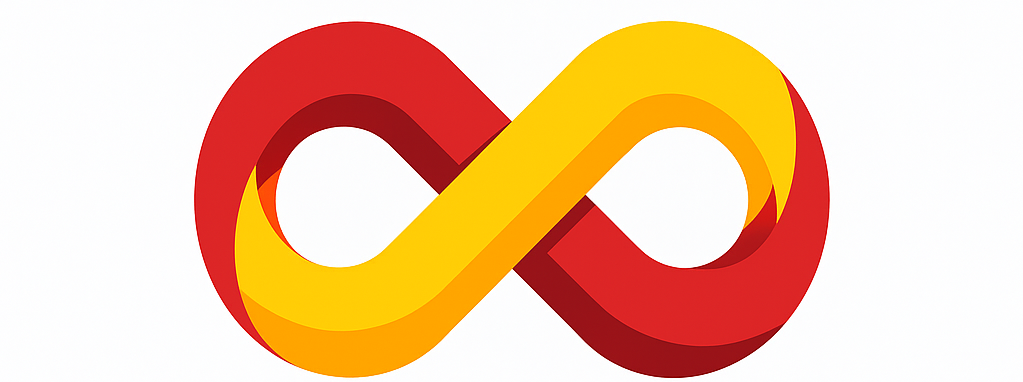Millions of people rely on coffee to jumpstart their day. It’s comforting, energizing, and a cultural ritual around the globe. But behind the buzz and aroma, coffee may be quietly doing harm to your body — especially when consumed regularly or in excess.
1. The Hidden Link Between Coffee and Anxiety
Caffeine stimulates the central nervous system, increasing alertness — but also triggering the release of cortisol and adrenaline. For people prone to anxiety, this can lead to panic attacks, insomnia, and chronic nervous tension. Studies show that even moderate daily coffee intake may worsen symptoms of Generalized Anxiety Disorder (GAD).
2. Coffee’s Impact on Heart Health
While small doses of caffeine can boost blood flow, excessive consumption may elevate heart rate, increase blood pressure, and contribute to arrhythmias. People with cardiovascular conditions should monitor coffee intake carefully, as the stimulatory effect may overwork the heart over time.
3. Hormonal Disruption
Daily caffeine can interfere with adrenal glands and the endocrine system. In women, this may lead to imbalanced estrogen levels, menstrual irregularities, or worsened PMS. In men, excessive coffee may be linked to lowered testosterone and fertility challenges.
4. Coffee and Digestive Issues
Coffee stimulates gastric acid production, which can irritate the stomach lining, causing acid reflux, gastritis, or ulcers over time. Drinking it on an empty stomach — a common morning habit — increases this risk dramatically.
5. Nutrient Depletion
Regular coffee consumption can impair the absorption of key nutrients such as iron, magnesium, calcium, and B vitamins. This may lead to fatigue, brittle bones, and weakened immunity — even when your diet seems balanced.
6. Dependence and Energy Crashes
Coffee gives a short burst of energy — but often followed by a crash. Over time, your body builds tolerance, and higher doses are needed to get the same effect. This cycle can lead to chronic fatigue, burnout, and emotional instability.
7. Sleep Disruption and Circadian Rhythm
Even if consumed early in the day, caffeine can stay in your system for up to 10 hours. This affects deep sleep, reduces sleep quality, and disrupts your body’s natural circadian rhythm. Poor sleep in turn worsens mental health, productivity, and metabolic balance.
8. Coffee and Mental Fog
Paradoxically, while coffee helps you focus short-term, overuse may dull long-term cognitive performance. Dependence reduces your brain’s natural energy cycles, leaving you foggy or irritable without caffeine.
Should You Quit Coffee Altogether?
Not necessarily. Moderate consumption — 1 cup a day or less — may be safe for most healthy adults. But if you’re experiencing anxiety, fatigue, sleep problems, or digestive issues, reducing coffee could bring noticeable improvements.
Healthy Alternatives to Coffee
- Herbal teas: Like chamomile, ginger, or peppermint — soothing and digestive-friendly.
- Chicory root coffee: Tastes similar to coffee, but caffeine-free and good for liver health.
- Lemon water: Great in the morning to hydrate, detox, and gently energize.
- Maca root or adaptogens: Natural mood and energy boosters with no crash.
Conclusion
Coffee isn’t evil — but it’s not as innocent as it seems. Like all stimulants, it should be used with awareness, not dependency. Consider reducing your intake, replacing it with healthier habits, and listening to your body’s response.
This article is based on insights originally published in Ukrainian on our media project Ateo.live.

